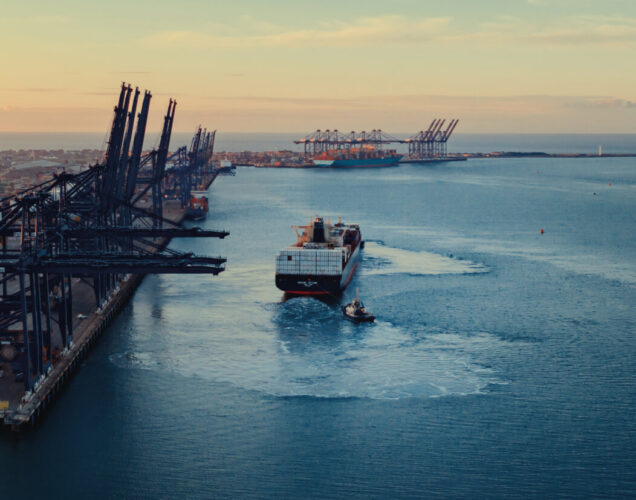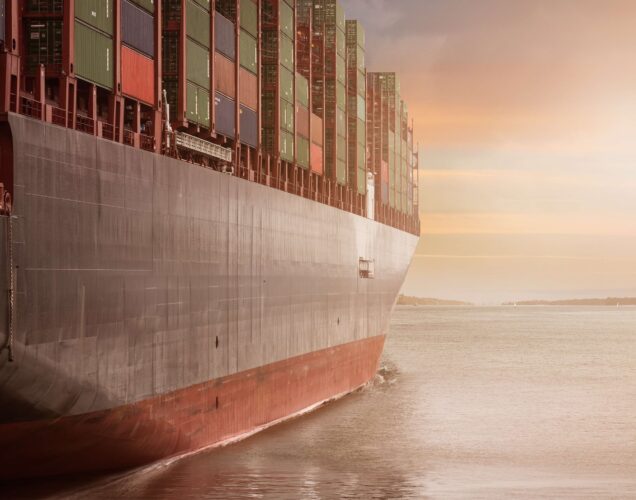Global shipping giant Maersk has announced its commitment to achieving complete carbon neutrality by the year 2050. However, it has said that in order to achieve this goal, carbon neutral ocean vessels must be commercially viable by 2030 at the latest, and that an acceleration in technological innovation and adoption of climate-friendly technologies across the industry will be required.
Maersk has previously shown a commitment to tackling climate change and global environmental responsibilities; since 2007, the company has reduced its relative CO2 emissions by 46%, a figure 9% higher than the industry average over the same period. According to Maersk, however, as worldwide shipping volumes continue to grow, efficiencies based on existing fossil-fuel based vessels and technology will at best keep emissions at existing levels – it will not be possible to reduce or eliminate them without the adoption of new and cleaner technologies.
While in coming years, electric technologies are likely to help reduce emissions in rail, aviation and particularly automotive transport, achieving the same efficiencies in maritime transport may prove more problematic. Maersk cites issues such as short battery durability and the lack of the ability to recharge batteries en route as indicators that forward-looking technological innovation will be required to overcome these obstacles.
Taking into account the 20-25-year operational lifespan of marine freight vessels, Maersk is calling for the shipping industry to collaborate with researchers, tech developers, investors and government with a view to moving away from fossil-fuel based technologies and developing the next generation of vessels that will be the standard for ocean travel in 30 years’ time.
Søren Toft, Maersk’s Chief Operating Officer, said: “The only possible way to achieve the so-much-needed decarbonisation in our industry is by fully transforming to new carbon neutral fuels and supply chains … The next five to ten years are going to be crucial. We will invest significant resources for innovation and fleet technology to improve the technical and financial viability of decarbonised solutions. Over the last four years, we have invested around a billion US dollars and engaged 50+ engineers each year in developing and deploying energy-efficient solutions. Going forward we cannot do this alone.”






